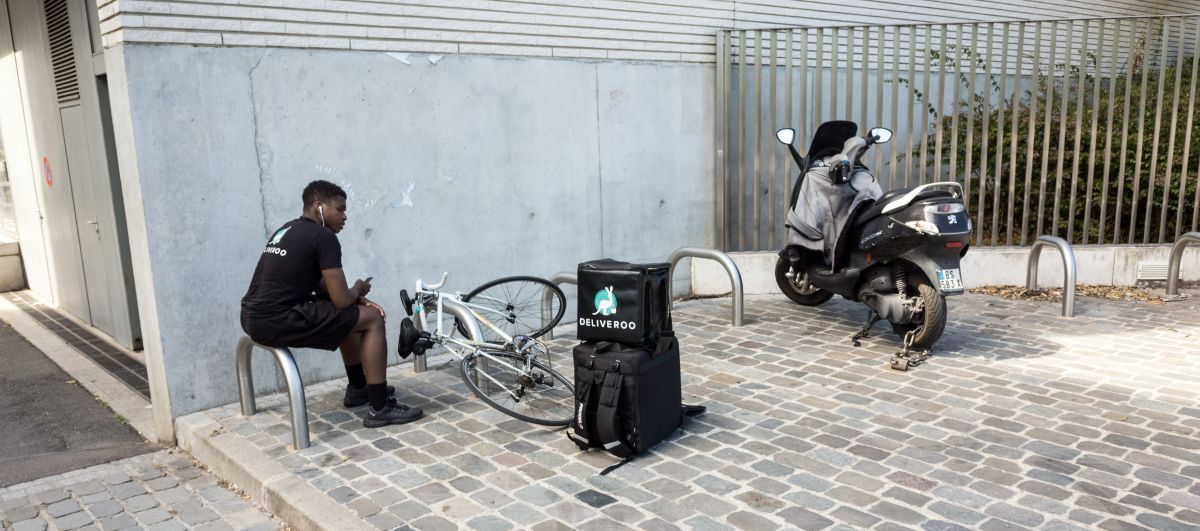
We need more BME voices in the fight against insecure work
- BME workers are much more likely than white workers to be trapped in zero-hours, agency or temp work.
- But too often campaigners don't see the gig economy through a gendered and racial lens.
- Unions can change this by putting BME workers front and centre of the fight against insecure work.
Trapped in insecure work
The gig economy: the erosion of workers’ rights and conditions. Record numbers of working people locked in poverty. 974,000 people on zero-hours contracts who don’t know whether they’ll have a job one week to the next.
There’s obviously a lot wrong with the gig economy. But when we talk about it, we often forget that a disproportionately large number of the estimated 3.8 million people trapped in some form of insecure work are from ethnic minorities.
In fact, BME workers are almost twice as likely to be on zero-hours contracts than white workers – and more than twice as likely to be stuck on agency contracts.
BME women and young people are also more likely to be working in poor conditions in low-paid jobs.
That’s why it’s so important for the trade union movement to put BME voices at the forefront of our campaigns against insecure work.
Because whether we’re talking about NHS nurses, care workers or even retail staff, BME workers are far more likely than white workers to be trapped in zero-hours, agency or temp work.
Putting BME voices first
Unite Hotel workers, BFAWU's McStrikers, Unison Care Workers and RMT Fair Pay for Vinci cleaners are all good example of how this can be done well.
Often campaigns use power over people. They focus on the issue and divert power away from workers' hands.
But what they need to focus on is giving power to the people.
Because change comes from listening and letting the most marginalised in our communities and workplaces speak up, with the support of others.
And what better way to bring unheard voices to the fore and fight for equality for all than to join a union?
Structural racism
Unions also shouldn’t shy away from pointing out that the UK labour market itself is structurally racist.
This is about more than just zero-hours contracts or insecure work.
Underemployment is also a huge issue for the BME community – and the more qualified BME people are the more the gap widens.
The undercutting of labour has led to migrant workers bearing the brunt of this structural racism.
These workers are not only treated unfairly in work, but demonised and scapegoated by our society just for trying to make a living.
It’s also troubling that hardly any large institution in the UK views the gig economy through a gendered and racial lens.
National debates are all well and good, but the fact that the gender pay gap has widened again this year already tells us all we need to know.
It’s become fashionable for employers to brag about their equality credentials, but the fact is that are still too many white men in positions of power.
BME workers to the fore
So when it comes to campaigning for fairer workplaces, the trade union movement must be bigger than a singular frame.
We want more BME people from working class backgrounds in higher positions of power in their union so racial inequalities are on the bargaining agenda.
We want more BME voices telling their stories about having to juggle paying the bills or getting the sack when their unions challenged bosses about poor working conditions.
And we need to hold the government to account for letting big corporations get away with treating BME workers so badly in the first place.
Stay Updated
Want to hear about our latest news and blogs?
Sign up now to get it straight to your inbox

